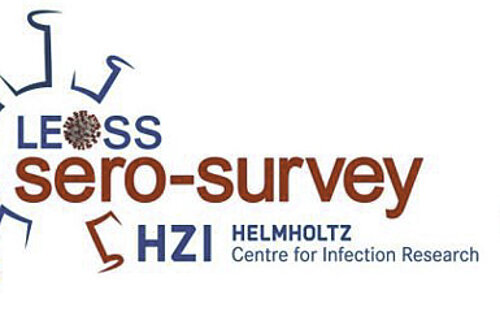Epidemiology

You would never guess from the name that epidemiologists do not just study major disease outbreaks commonly known as “epidemics.“ Today, Epidemiology is much more an in-depth study of public health.
You would never guess from the name that epidemiologists do not just study major disease outbreaks commonly known as “epidemics.“ Today, Epidemiology is much more an in-depth study of public health. This includes study of the prevalence of diseases within a population. From birth rates to life expectancies, health researchers proverbially analyse life in its entirety. It is never the individual who features prominently in their observations, but rather society as a whole – or at least certain (larger) groups. What percent of the population has been immunised against a particular disease? What are the environmental effects on human health? Which are the living conditions or behaviors that potentially get us sick? These are but a few of the kinds of questions epidemiologists – including those working at the Helmholtz Centre for Infection Research – are asking.
Epidemiological methods
The most commonly used tools of epidemiological research include questionnaires, computers, lots of patience, and lab results – to detect traces of infections in a person’s blood sample, for instance. First, the health researchers interview their “subjects“ about their current state of health and living conditions. Next, the data thus obtained are entered into large computer databases and subjected to rigorous statistical analysis. Long-term studies typically do not yield meaningful results for several years. In long-term serial investigations called “cohort studies,“ healthy participants are followed for several years, are regularly interviewed, and biological specimens like blood samples are obtained from them. These data are collected and then retroactively analysed whenever a subject develops the disease that is being studied. Which are the factors that are common to all those who develop the disease but that are absent in the healthy subjects? The answers to this question are compared and – assuming they withstand rigorous statistical testing – can be identified as potential causes.
In the Helmholtz Centre for Infection Research’s Department of Epidemiology, epidemiologists, physicians, biologists, bioinformaticians, statisticians, and lab assistants are working together on an analysis of common public health issues. Their emphasis is on infectious disease epidemiology, the subfield of epidemiology that is concerned with infectious diseases, their prevalence and control. As such, one of the things that is currently being studied is the prevalence of multi-resistant staphylococci among Braunschweig residents.
Other large-scale studies are slated to be conducted at HZI’s Hanover-based research facility.
(jgr)
Involved research groups
-
Adaptive Infectious Disease Diagnostics
 Dr Vanessa Melhorn
Dr Vanessa Melhorn -
Computational Biology for Infection Research
 Prof Dr Alice McHardy
Prof Dr Alice McHardy -
Digital Infectious Disease Surveillance
 Dr Anja Hauri
Dr Anja Hauri -
Epidemiology
 Prof Dr med. Berit Lange
Prof Dr med. Berit Lange -
Climate, Cohorts and PIA
 Dr Stefanie Castell
Dr Stefanie Castell



















